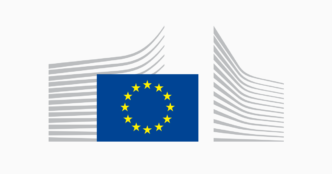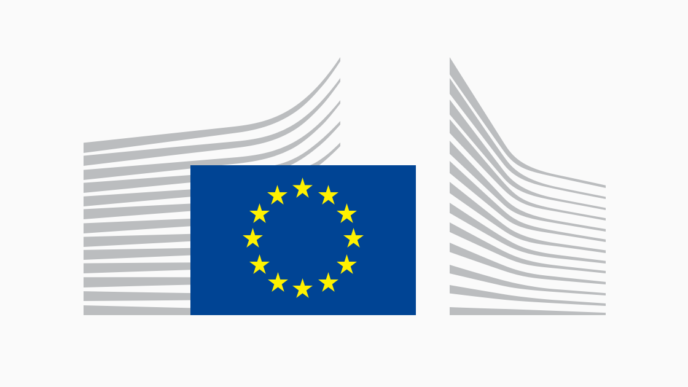Now available on YouTube, ‘EURES: The human network’ brings to life the voices, stories and values of the people who made this network a reality, and who continue to shape it every day. With 19 interviews filmed across 12 countries, the 30-minute documentary offers more than just a retrospective. It is a moving tribute to a community that has redefined what it means to move, work and belong in the EU.
EURES is about people. The documentary captures that spirit, weaving together the experiences of advisers, jobseekers, employers and policymakers to show how a network became a movement. Daniel Bellón, a longtime EURES Adviser from Spain, expresses this perfectly in the documentary: ‘It’s freedom. Freedom to choose, freedom to move, freedom to change my life, to change my profession.’
This freedom isn’t just theoretical, it’s lived daily by millions of Europeans. What began in 1994 as a modest attempt to organise cross-border job matching has become a pillar of EU cooperation, supported by nearly 1 000 advisers in 31 countries.
The documentary offers a glimpse into EURES’ early days. The challenge wasn’t an easy one. Can you imagine getting the national Public Employment Services to work together, share data and train staff, even before the Internet was widely available? Thirty years have passed, and EURES is still cooperating on a daily basis.
EURES is now one of the EU’s most robust tools for enabling labour mobility. Through the EURES portal, cross-border partnerships, Targeted Mobility Schemes, and European (Online) Job Days, it supports both individuals and companies in overcoming barriers during recruitment across borders. In the documentary, Irene Mandl, Head of Unit for EURES at the European Labour Authority, explains that EURES activity ‘is a really operational support which goes beyond the pure matching on the labour market. That level of personalised support makes a difference, not just to workers, but to companies.’
This idea is also supported by local businesses. Mikkel Stephansen, HR Business Partner at Semco Maritime (Denmark): ‘We have been able to attract competencies which we couldn’t find here in Denmark’, a country where ‘unemployment rate was extremely low and we then needed to attract from other countries.’
The documentary doesn’t just recount history, it reminds us why EURES matters today, and how it helps European citizens build careers that allow them to grow. Adonis Pino Sanchez, who moved from Spain to Sweden through EURES, shares the following: ‘If you want to grow, you have to fly. I found this opportunity in EURES, and it changed my life.’
The documentary highlights many similarly inspiring stories of individuals who successfully relocated for work through EURES. From Spain to Sweden, Slovakia to Ireland, these jobseekers describe how EURES provided not only job opportunities, but also essential guidance, support with mobility logistics, and a human hand that made the transition smoother.
This is another important aspect of EURES’ activity that clearly emerges from the documentary: where once workers were left on their own in seeking jobs abroad, thanks to the network, they now have real options and can have their rights protected. Nicolas Schmit, former European Commissioner for Jobs and Social Rights, emphasises: ‘Workers in mobility have exactly the same labour rights, social rights as resident workers. We have to make sure that this mobility is fair.’
During the period 2020–2022, EURES facilitated contacts with 5.5 million workers and nearly 400 000 employers. In the EU, about 1.8 million people cross borders for work every day. EURES provides targeted services to both cross-border workers and employers. These numbers matter, but they are only part of the story. What the documentary shows so clearly is that real impact happens when policies meet people.
Whether you’re a student, an employer, a policymaker, or someone simply curious about what holds Europe together, this documentary offers a vivid idea of what it truly means to be a European citizen.
Watch ‘EURES: The human network’ on YouTube
Related links:
Read more:
Find EURES Advisers
Living and working conditions in EURES countries
EURES Jobs Database
EURES services for employers
EURES Events Calendar
Upcoming Online Events
EURES on Facebook
EURES on X
EURES on LinkedIn
EURES on Instagram












